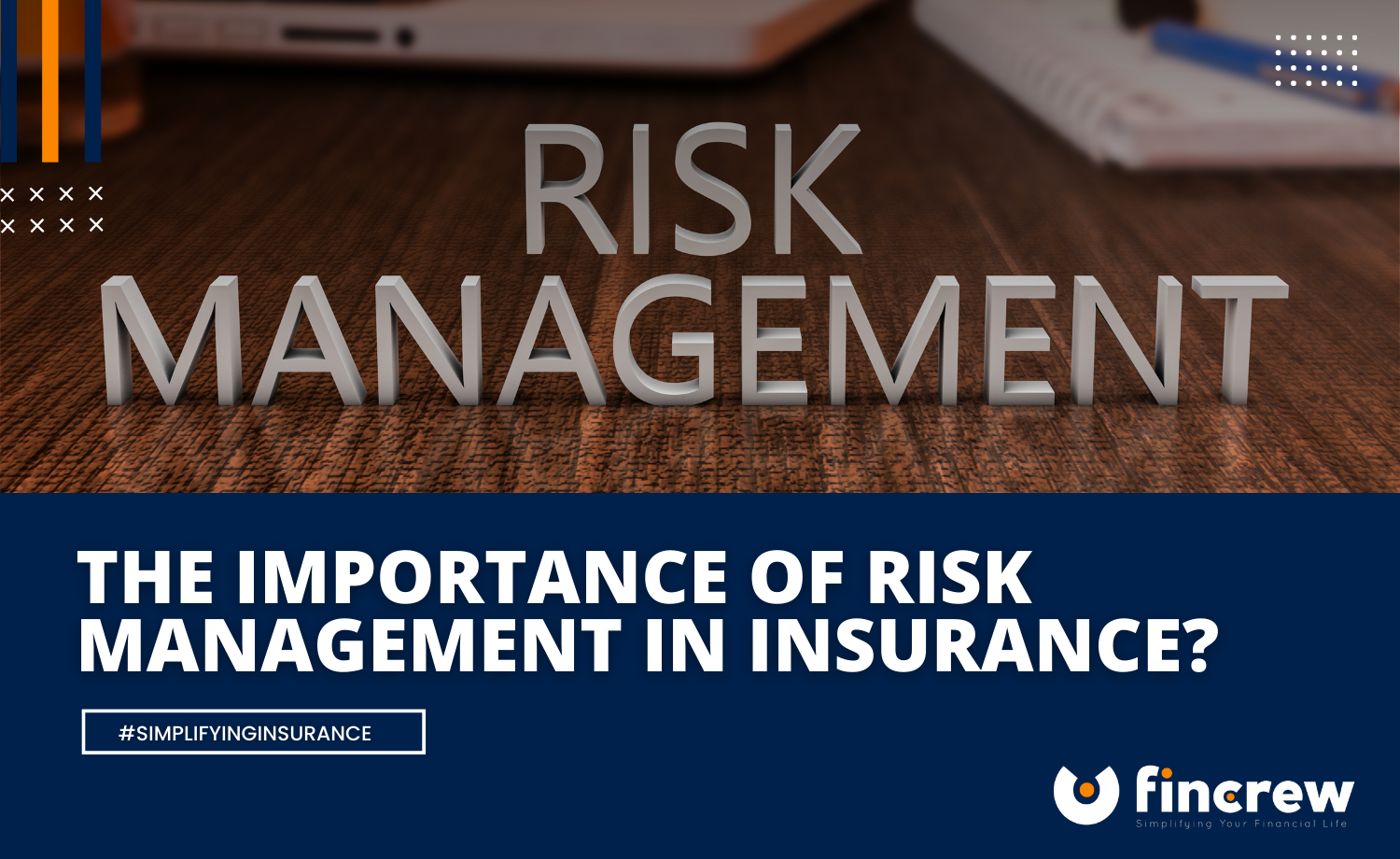Enhancing Operational Efficiency Through the Importance of Risk Management
Enhancing Operational Efficiency Through the Importance of Risk Management
Blog Article
The Importance of Comprehending the Significance of Risk Management in Different Industries

The Core Idea of Risk Management and Its Purpose
Risk Management, the keystone of numerous markets, rests on the identification, assessment, and reduction of unpredictabilities in a service setting. It is an important method that enables organizations to protect their assets, track record, and total survival. By properly identifying potential risks, services can establish methods to either prevent these dangers from occurring or minimize their impact. The evaluation process entails evaluating the probability and possible extent of these risks. The reduction process involves devising techniques to decrease their potential effect as soon as threats have actually been determined and evaluated. This procedure is recurring and cyclical, making sure that services are gotten ready for the ever-changing nature of Risk in different sectors. The key function, therefore, is to foster resilience amidst unpredictabilities.
Advantages of Implementing Risk Management in Organization Workflow

Revealing the Duty of Risk Management in Different Industries
While every industry challenges its one-of-a-kind set of threats, the implementation of Risk Management techniques stays an usual in their pursuit of sustainability and growth. In the medical care industry, Risk Management entails ensuring individual security and information security, while in money, it includes mitigating financial investment dangers and making certain regulative conformity (importance of risk management). Construction firms focus on employee safety, project hold-ups, and budget plan overruns. In the innovation market, business minimize cybersecurity risks and modern technology obsolescence. Inevitably, the duty of Risk Management throughout markets is to determine, evaluate, and minimize risks. It is a vital element of critical preparation, making it possible for companies to shield their possessions, make the most of chances, and attain their goals.
Real-life Study Showing Effective Risk Management
To understand the value of Risk Management in these lots of sectors, one can want to several real-life circumstances that highlight the effective application of these actions. In the power field, British Oil created Risk mitigation plans post the 2010 Gulf of Mexico oil spill. They applied far better security procedures and stricter regulations which considerably minimized additional mishaps. In financing, Goldman Sachs successfully browsed the 2008 monetary situation by determining potential mortgage-backed safety and securities risks early. Last but not least, Toyota, upload the 2011 earthquake in Japan, changed its supply chain Management to reduce interruption risks. These instances show how industries, learning from crises, effectively used Risk Management techniques to reduce future dangers.
Future Patterns and Growths in Risk Management Approaches
As the world proceeds to develop, so as well do the patterns and advancements in Risk Management techniques. Fast advancements in innovation and information analytics are reshaping the Risk landscape. Huge information and AI are now instrumental in predicting and mitigating dangers. Organizations are leveraging these tools to build anticipating versions and make data-driven decisions. Cybersecurity, as soon as a peripheral problem, has catapulted to the leading edge of Risk Management, with strategies concentrating on detection, response, and prevention. The combination of ESG (Environmental, Social, Governance) elements into Risk Management is one more expanding fad, showing the enhancing acknowledgment of the role that social and ecological threats play in business sustainability. Thus, the future of Risk Management lies in the blend of sophisticated innovation, innovative more approaches, and an all natural method.
Conclusion
To conclude, recognizing the value of Risk Management across a spectrum of sectors is critical for their durability and success. Tailored methods can aid reduce prospective dangers, protect possessions, and foster stakeholder depend on. Furthermore, positive decision-making aids in regulative compliance and optimizes source use. Inevitably, effective Risk Management contributes to more resistant and sustainable businesses, highlighting the relevance of this practice in today's dynamic and very competitive organization atmosphere.
While every industry challenges its special collection of dangers, the application of Risk Management strategies stays an usual denominator in their search of sustainability and growth. In the medical care market, Risk Management requires making certain person security and data protection, while in finance, it entails mitigating investment threats and making sure regulative conformity. Eventually, the duty of Risk Management across markets is to recognize, assess, and mitigate dangers. These cases show exactly how industries, learning from crises, efficiently applied Risk Management approaches to minimize future click this risks.

Report this page